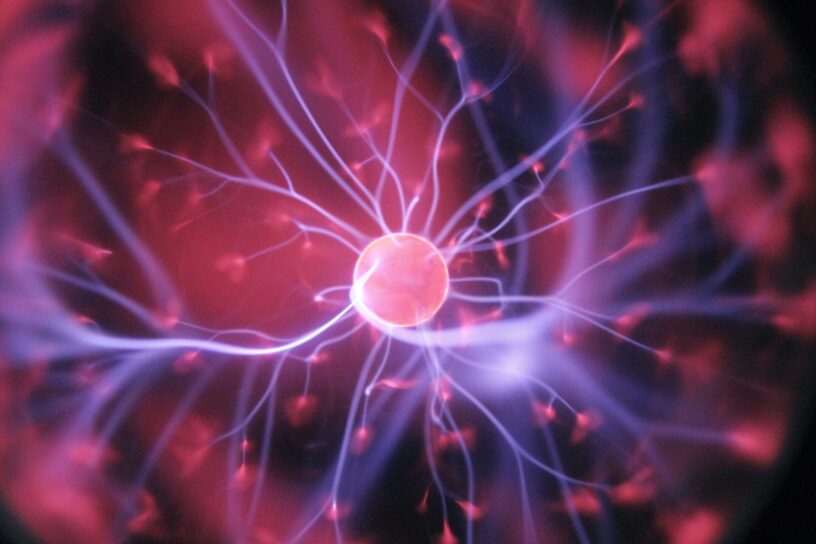Zero point energy, also known as vacuum energy or quantum vacuum energy, is a term used to describe the lowest possible energy that a quantum mechanical physical system may have. It is the energy of the ground state of a system, which is the state of lowest possible energy in which it may exist.
In quantum mechanics, the concept of zero point energy arises due to the Heisenberg uncertainty principle, which states that it is impossible to simultaneously know both the position and momentum of a particle with complete accuracy. This means that even in the lowest energy state, a particle will still have some uncertainty in its position and momentum. This uncertainty is manifested as zero point energy.
The zero point energy of a system can be calculated using the formula E = (h/2π) x √(n + 1/2), where h is the Planck constant, n is the number of degrees of freedom of the system, and √(n + 1/2) is a factor that takes into account the uncertainty in the system’s position and momentum.
One of the most interesting aspects of zero point energy is its potential to be harnessed and used as a source of energy. The concept of extracting energy from the vacuum of space has been proposed by several scientists and inventors, including Nikola Tesla and the physicist Hendrik Casimir. However, to date, there is no practical method for extracting zero point energy, and the feasibility of doing so is still a subject of debate among scientists.
One of the main challenges in extracting zero point energy is the fact that it is extremely small, on the order of 10^-29 joules per cubic meter. This means that extracting even a small amount of energy from the vacuum would require a vast amount of time and resources. In addition, the laws of thermodynamics suggest that it would be impossible to extract energy from the vacuum without also producing an equal amount of heat, which would offset any potential gain in energy.
Despite these challenges, the idea of extracting zero point energy has continued to capture the imaginations of scientists and inventors. Some have proposed using advanced technologies, such as nanostructures or superconducting materials, to try to harness the energy of the vacuum. However, much more research is needed to determine whether these approaches are viable.
In conclusion, zero point energy is a fundamental aspect of quantum mechanics that arises due to the uncertainty principle. While it has the potential to be a source of energy, extracting it remains a challenge due to its small size and the laws of thermodynamics. Further research is needed to determine whether it is possible to harness the energy of the vacuum in a practical and efficient manner.
